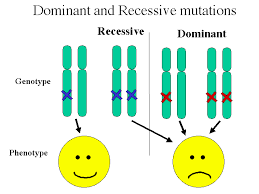dominant
英 [ˈdɒm.ɪ.nənt]
美 [ˈdɑː.mə.nənt]
- adj. 显性的;占优势的;支配的,统治的
- n. 显性
使用频率:

记忆方法
1、domin- + -ant.
2、=> rule, dominate, govern, control.
3、很显然,显性的都是处于主导、支配地位的。
2、=> rule, dominate, govern, control.
3、很显然,显性的都是处于主导、支配地位的。
英语词源
- dominant (adj.)
- mid-15c., from Middle French dominant (13c.), from Latin dominantem (nominative dominans), present participle of dominari (see domination). Music sense is from 1819. Sexual bondage sense by c. 1960. The noun is first recorded 1819, earliest in the musical sense.
权威例句
- 1. Japan is Asia's dominant supplier of imports and technology.
- 日本是亚洲进口货物和技术的最大供应国。
- 2. I remember her being a dominant figure.
- 我记得她是一个举足轻重的人物。
- 3. The firm has achieved a dominant position in the world market.
- 这家公司在国际市场上占有举足轻重的地位。
- 4. The British were formerly dominant in India.
- 英国人从前统治印度.
- 5. That peak is dominant over all other hills.
- 那个山峰俯瞰群山.
